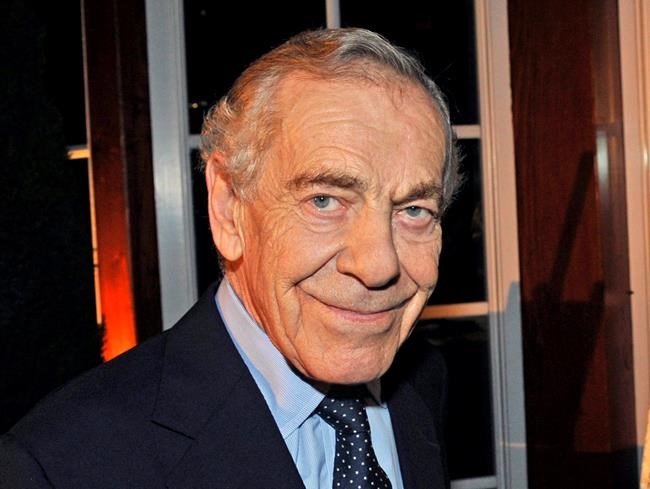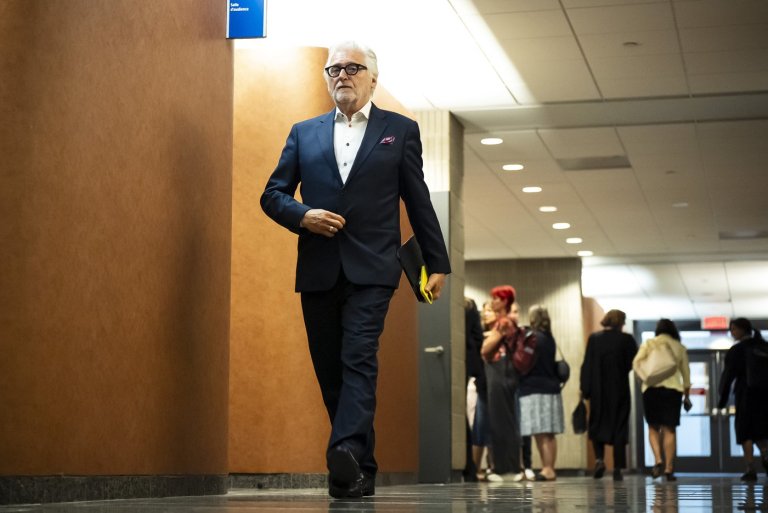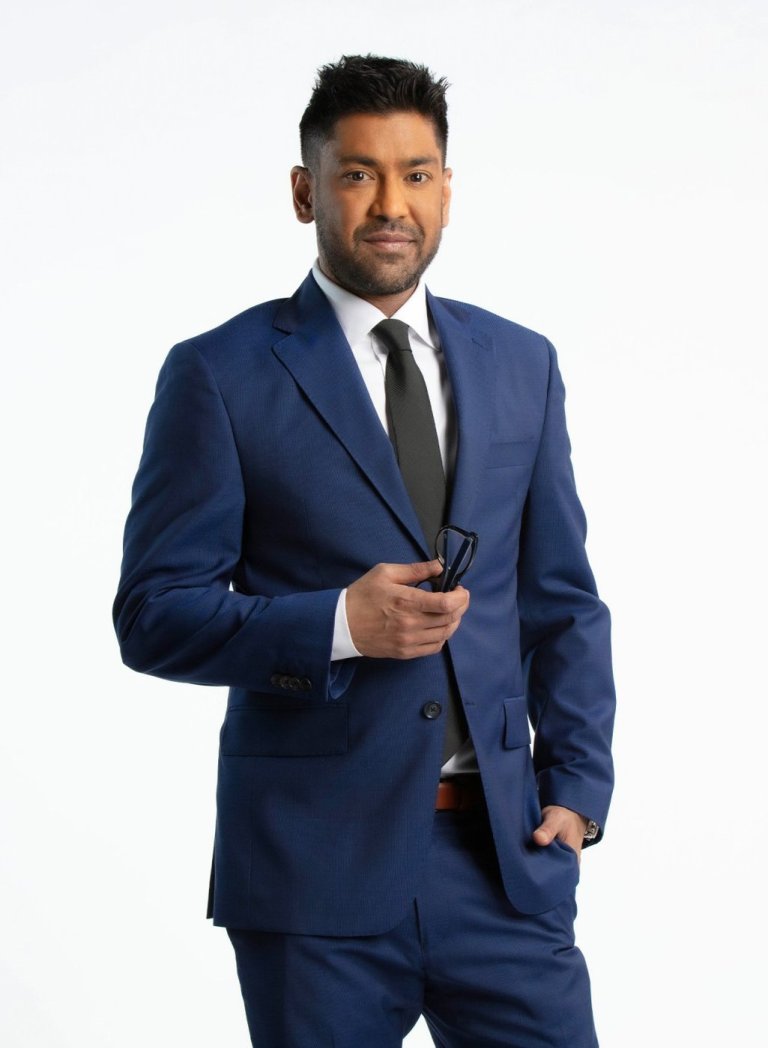
’60 Minutes’ honours correspondent Morley Safer as he retires
NEW YORK – “60 Minutes” said goodbye to Morley Safer on Sunday, honouring the newsman who has been a fixture at the CBS newsmagazine for all but two of its 48 years
The tribute marked the close of a 61-year career for Safer, who, according to the program, has had the longest-ever run on prime-time television. CBS announced his retirement last week.
During the hourlong show, Safer was described as tough, funny, intrepid, curious and courageous, with reporting that ranged from the Cold War to cyberspace, from the Muppets to the Orient Express.
“He’s asking a question on behalf of all of us,” said “60 Minutes” executive producer Jeff Fager.
Safer’s first report on “60 Minutes” in 1970 was about the training of U.S. Sky Marshals. His 919th and last, a profile of Danish architect Bjarke Ingels, was broadcast in March. At 84 and dealing with health issues, Safer had cut back on work in recent years. The Toronto-born Safer was the first Saigon bureau chief for CBS News.
“Morley was right in back of me every step of the way. I had to do it. He didn’t,” recalled a former Army soldier whose unit Safer joined for a story. Slogging through the jungle with bullets sometimes flying was tough and dangerous duty, but “Morley was cool as a hog on ice.”
His 1965 report on U.S. Marines burning the Vietnamese village of Cam Ne was a turning point in public attitude toward the war. An outraged President Lyndon Johnson wanted him fired.
Safer broadcast a report from inside China in 1967 when it still was largely a closed society and, as a Canadian Broadcast Corp. reporter, witnessed the building of the Berlin Wall in Germany in 1961.
He was a London bureau chief for CBS News in the late 1960s before joining “60 Minutes.”
Safer considered one element above all — the spoken word — to be essential for great television: “What you’re aiming at,” he said, “are people’s ears rather than their eyes.”
A focus on language over video might sound strange for a journalist so identified with TV.
“I really don’t like being on television. I find it intimidating,” he confided, but added he had long ago made peace with it, explaining with a sly smile, “the money’s very good.”
_____
Frazier Moore is a national television columnist for The Associated Press. He can be reached at fmoore@ap.org or http://www.twitter.com/tvfrazier. Past stories are available at http://bigstory.ap.org/content/frazier-moore
Join the Conversation!
Want to share your thoughts, add context, or connect with others in your community? Create a free account to comment on stories, ask questions, and join meaningful discussions on our new site.












Leave a Reply
You must be logged in to post a comment.